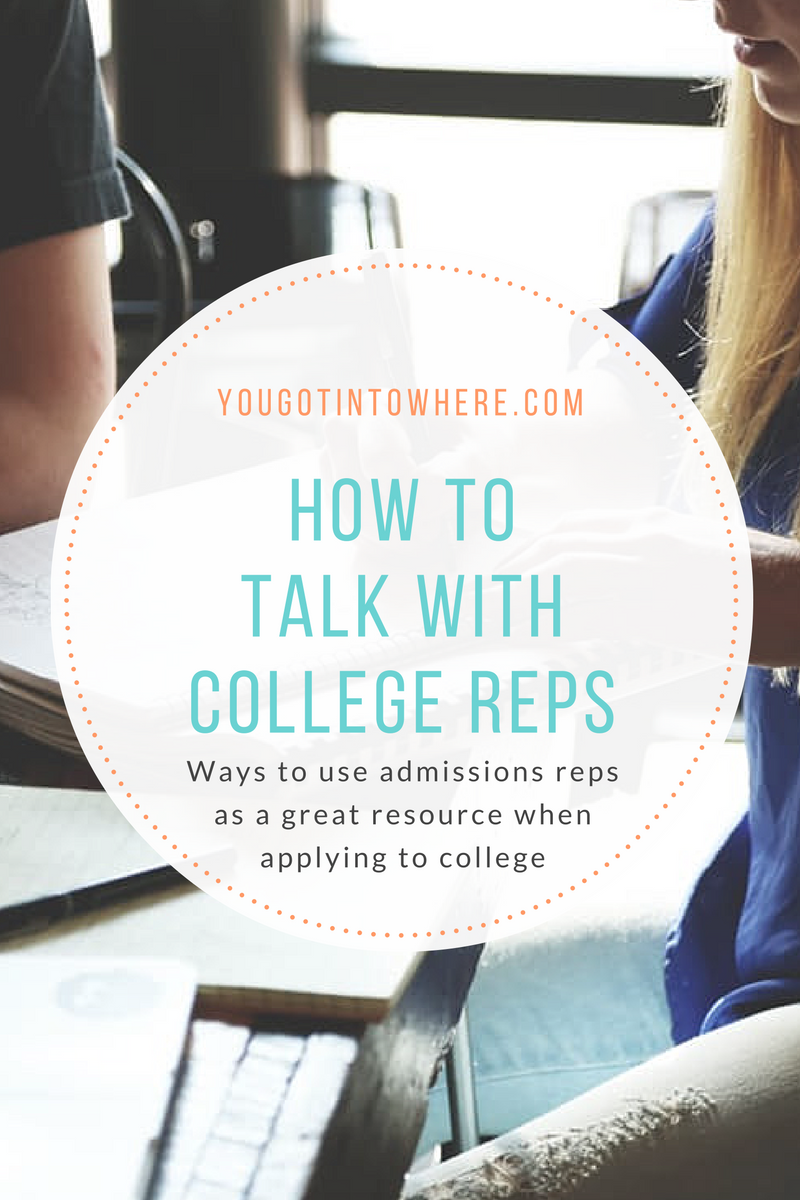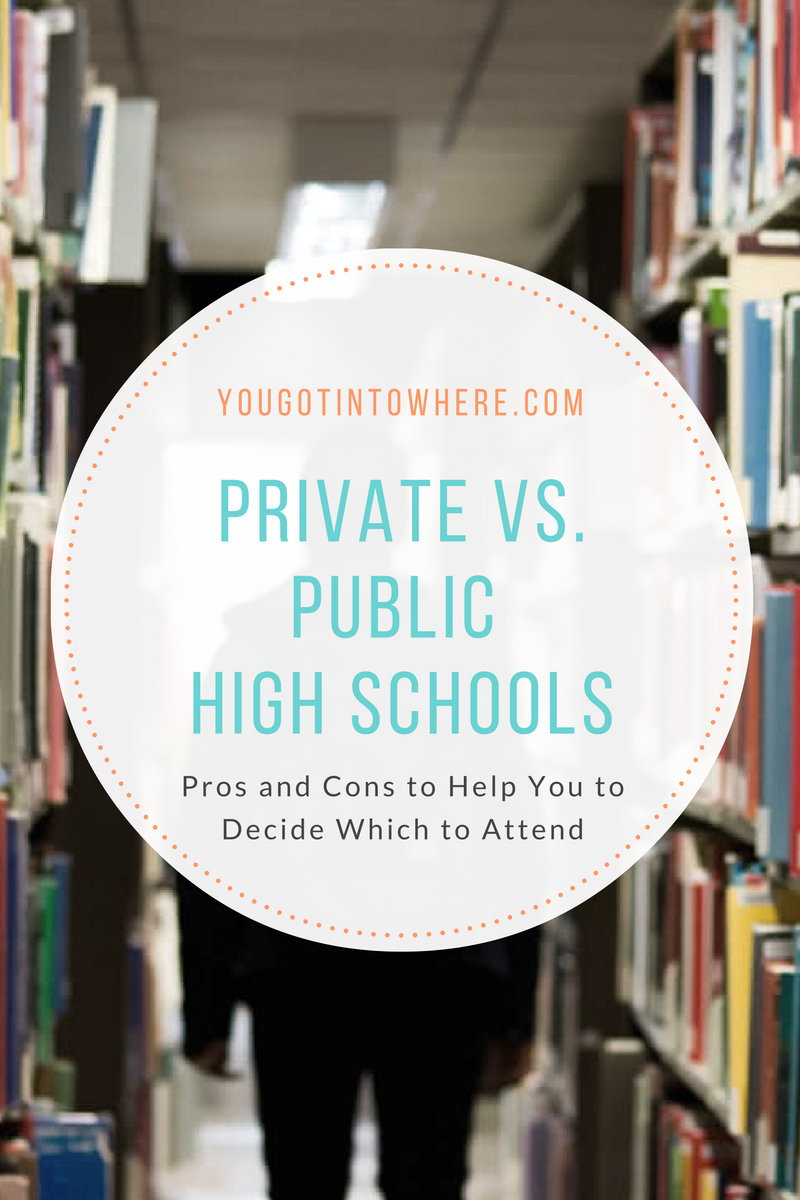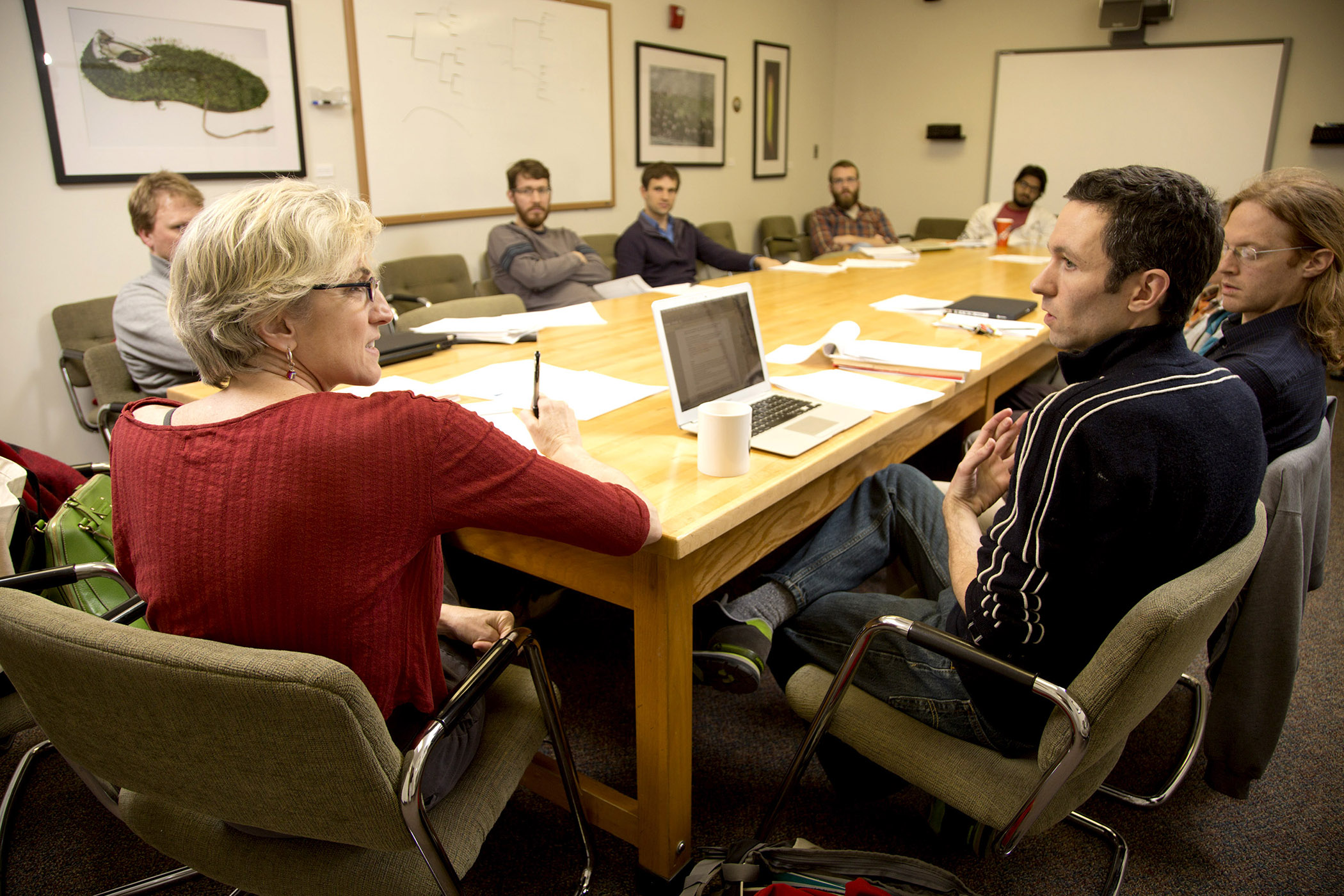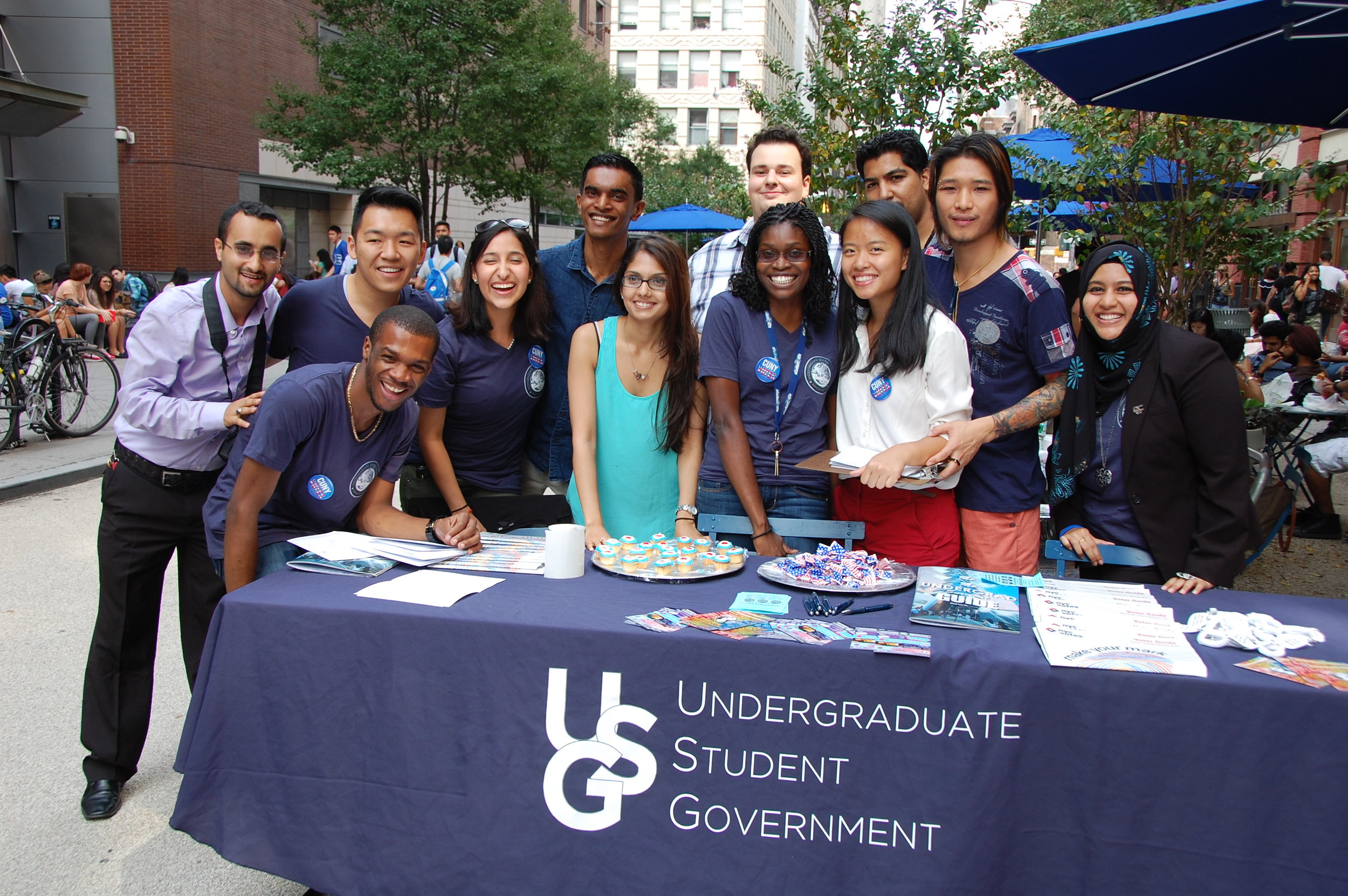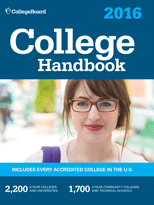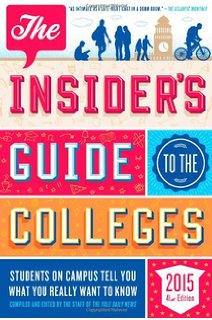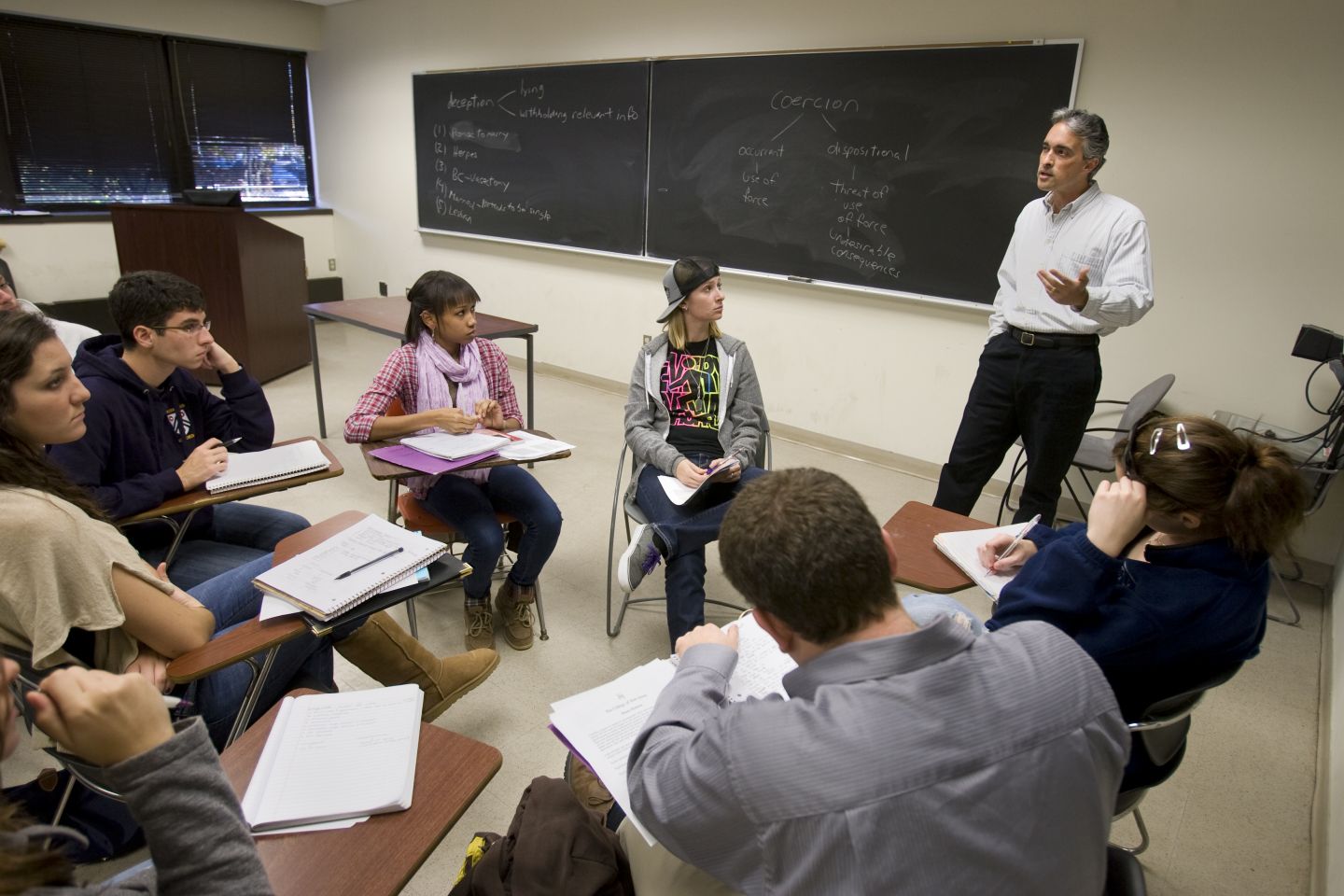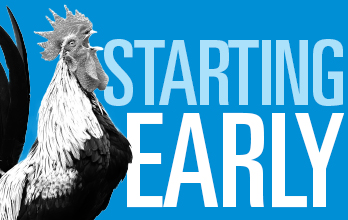Choosing a college is tough stuff. Whether you’re a high schooler, or an undergrad looking out the far, foggy horizon of grad school., choosing a college that’s right for you is tough stuff.
But, thankfully, not impossible.
And even more thankfully, if you’re a high schooler, it’s easier than you might think.
Here is where I’ll give you a four step formula to choosing the right college for you that’ll ensure a low-anxiety admissions process: examining your skill set, research, deciding on deal breakers, and making your final decision. As a teenager, it may already seem difficult to navigate just exactly what you want to be doing for the next couple of decades – a valid claim. But thankfully, self-analyzation comes first.
EXAMINING YOUR SKILL SET
This is the part where you take a step back and evaluate yourself. If you grew up with your parents telling you that you were the best at everything, then quite frankly, you’re already behind.
It’s easy to catch up, though. (First thing's first is to leave any and all ego at the door.)
Heading straight away into college with a major isn’t a necessity; you’ll be stuck taking all your general requirements freshman year. After that, you’ll sort of need to have one.
On one hand, figuring out what you really want to do in your first year seems like the most fool proof plan: classes in college tend to be more engaging and reminiscent of the real life situations of the particular field than anything you could find in a high school. Take a philosophy class, or a biblical studies class, or a class on old world piracy.
On the other hand, letting yourself wander around aimlessly without a goal in mind, if not a major, isn't the best idea. Certain majors and programs have you working on specific requirements in your freshman year, which would set you behind in terms of credits. You'd be forcing yourself to work harder in the long run. And the key to college is working smart, not hard (don’t tell your parents that though).
So self-evaluate. What are you good at? What are you favorite subjects at school? What do your personal skills, however minuscule they might seem, and your interests within the realm of academia have in common? Are you more critical, or more creative? Can you speak well, or explain things well? Would you rather write a book or read it? Does math make your head hurt? Does reading Shakespearian literature? What are the coolest careers to you? What topics have you researched and uncomfortable amount about?
And while you’re at it, be as brutally honest as possible without beating yourself up. You may have a thousand weaknesses, but a single strength could take you places you could never imagine.

DECIDING ON (AND STICKING WITH) DEAL BREAKERS
Thinking back to my own personal college decision process, this was probably the hardest part because I did it after I researched and fell in love a few schools already. Deal breakers should be hashed out beforehand and be kept in the back of your head (or on paper) as a reference point while you research.
I don’t think this is a question we ask ourselves enough during the college process: when it comes to your education, what are you not willing to sacrifice?
Whether it’s communal bathrooms in the dorms, or a lack of sports enthusiasm, or the school being too far away from home, or the school having very little people of color – there’s probably at least two things about each of the schools you’re considering that you won’t be happy with. Make a little list for yourself. You just went through all that painful self-analyzation, right? What are your needs a student?
Mind you, the list shouldn’t have longer than five deal breakers. A perfect school isn’t a real thing for most people – and that’s perfectly okay. It's also perfectly okay to end up compromising on them.
You need to make a list, and a small list, of your absolute necessities in a school, and stick with it. It’ll be helpful when you’ve done all your research and start picking off potential places to learn.
For me, my absolute necessity was diversity. I grew up the only Somali and Muslim in my whole school, and I graduated that way. It was too emotionally and mentally tiring to not have people like me around, and the only way I was active in my local community was through school, so I wouldn't be making many friends outside of school. I turned down an acceptance second best university in my state for being a PWI (predominantly white institution) and I haven’t looked back.
So when you make those deal breakers, make sure you keep your specific realities in mind. Your background, your parents financial state, your personal shortcomings, and your personal needs. It matters because your experience with education matters.
RESEARCH
Alright, time to get online. And not on social media.
I’m watching you, punk.
Get to research. You can’t handle any situation without accurate information. This step has a few parts in itself, so I apologize for cheating (admittedly, it’s also the least straight forward). It’s important to research the schools you’re considering, the degrees you’re considering, and the careers you’re considering.
It doesn’t have to be a very structured research center either - just grab a bowl of ice cream and start Googling stuff. Or, if you’re that painfully organized, grab the bowl of ice cream, a pen, and take some notes.
It’s important to do as much research as possible in whatever amount of time afforded to you when it comes to choosing a school. Some great questions to investigate online would be whether the institution makes changing majors (or double majoring) easy, what their retention rate is, how their graduates do in the job market after graduation, as well as it’s core strengths. There isn’t a single school that does everything at a hundred percent. It’s why there are dozen different Ivy League schools.
You wouldn’t pass over Columbia for Princeton when you’re going to be doing Religious Studies just because it’s Princeton.
It’s important to match the right school to the right degree or program as well. This is especially important if you’re going to be going into any science or math field. For instance: if you’d like to be an engineer, what type of engineer would you like to be? Engineering has different degree programs that equip you with different skill sets. Would you like to work in a specific field? Do you want flexibility with your future career? What sorts of problems will you be able to solve by the time you leave school? It’s important to know just what exactly what you can do and which road you’ll go on with the piece of paper they’ll be handing you at the end of those four or five years.
It’s arguably the most important to match the right degree to the right school. You may not be exactly where you think you’ll be a decade from now, but you’re probably going to be somewhere near it. Even careers have pros and cons, and money can definitely be one of them for people who’ll have certain financial obligations in the future. I do urge you to not weigh money over passion, though.
How much will you possibly make? Is the job pool saturated? Will there be a decline in positions over the next ten years? Could you go overseas with this degree? Could you switch fields with relative ease?
Also, for the record, research by word of mouth is important too. Talk to you high school teachers, family, friends, and even people within fields that interest you. You might get completely new perspectives than you thought you ever would.

MAKING YOUR FINAL DECISION
Well, finally. After months, or weeks, or days, or even several hours tapping the heck out of your keyboard, you’re equipped to make a decision. You’re well informed about who you are, what you can do, where you want to go, and what you’ll need wading through those post-secondary education waters. You may even have a couple of admissions papers laying around somewhere as you read this.
You’re ready to make an awesome decision.
So…pick one.
That’s about it at this point, honestly.
Now this is where the understandable amount of doubt kicks in. What if you really aren’t ready to make a decision about where you’re going? What if your second best option was really the best and you passed it up over something arguably nonsensical? What if you hate your major? Your school? What if you’re making all the wrong moves?
That’s the great thing about life: you very nearly always have options, especially when it comes to higher education. If you’ve got to switch majors, or even transfer, it’s possible. Taking the time to choosing wisely doesn’t mean that you’ll be stuck with that particular choice forever.
HINDSIGHT
No one said this was an easy process. And if they did, they’re either a pretentious liar or their life hasn’t gotten complicated enough yet. Complexity is necessary to existence (although you should save all that existential stuff for your inevitable foray into a Philosophy class).
This is tough stuff. Luckily, if you read all of this, you’re tough stuff too.
So get out there and get to work! You’ll be thanking your high school self in a few years on the line.
LIL BITY RESOURCES
The best website for dissecting careers and degrees: https://bigfuture.collegeboard.org/college-search
Engineering Q&A from the Engineering Barbie herself: https://www.youtube.com/watch?v=qABzig5giHs
About Student Loans: https://www.youtube.com/watch?v=6-Lf4ETeiAQ&ab_channel=HowtoAdult
WANT TO LEARN MORE ABOUT COLLEGE ADMISSIONS? CHECK OUT THE YGITW BOOK HERE!
LOOKING FOR A HIGH SCHOOL OR COLLEGE INTERNSHIP? APPLY HERE!
PHOTO CREDITS:
http://www.outstandingcolleges.com/
http://www.downloadyouthministry.com/
http://claytrader.com/









